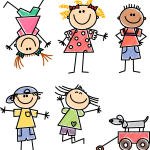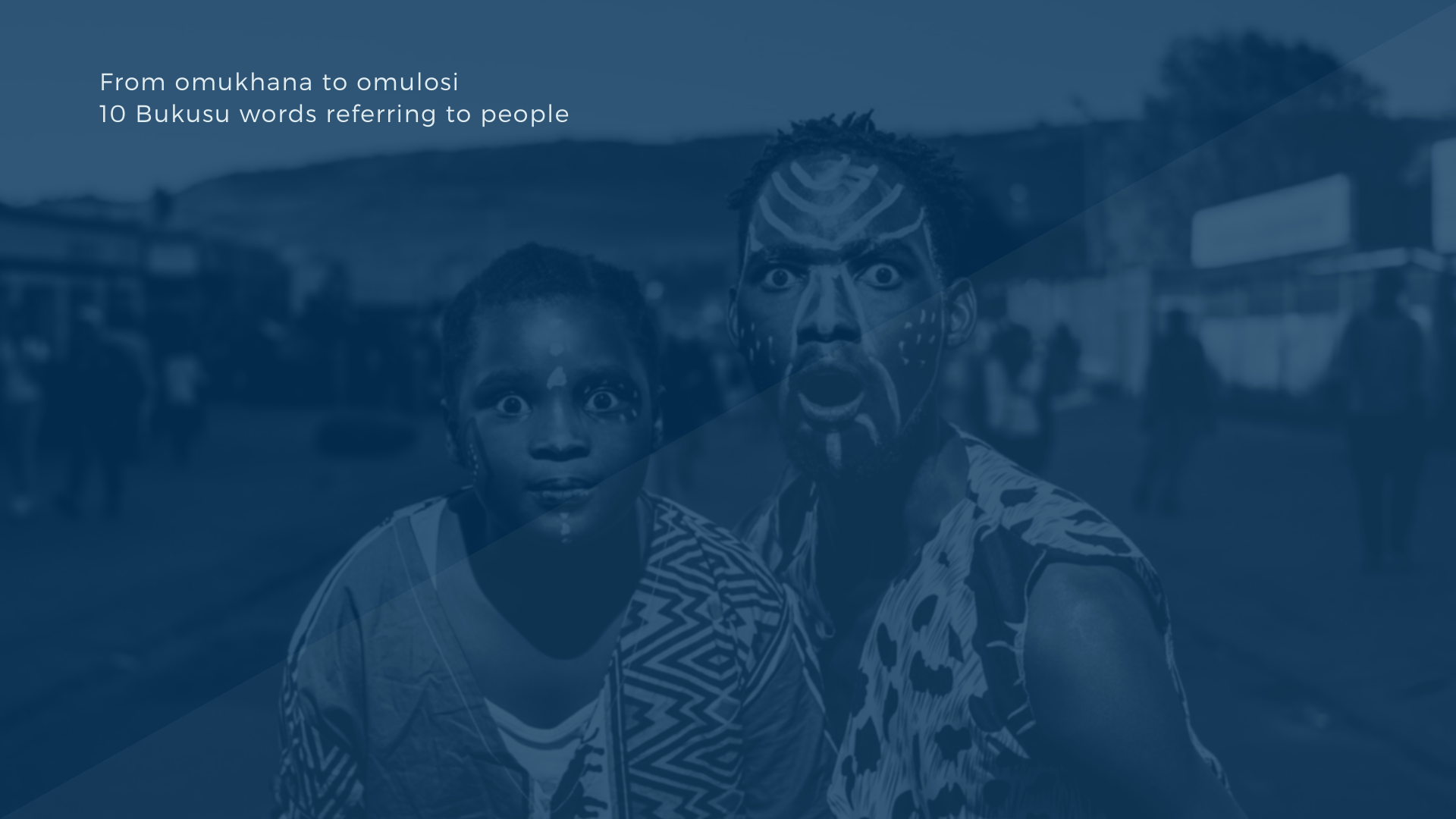Welcome. Come learn Lubukusu with us. Today we introduce you to more basic Bukusu words. Here are 10 Bukusu nouns referring to people. This is how to refer to people in Lubukusu; with the respect, love and in accordance to the ethos of the spirit of mulembe.
Subscribe to Mulembe Weekly
Get culture, language, stories and discussions in your inbox every Friday 5 PM East Africa Time
About the Bukusu
Bukusu language or Lubukusu is the tongue of Babukusu, the largest of the 18 houses of mulembe. Learn how to speak Bukusu language through our free lessons in Bukusu language; our stories on Bukusu culture that harness the richness of Lubukusu in their narrative; our continuous search for the meaning of different Bukusu proverbs and sayings; and if your Lubukusu is already good enough, sharpen and challenge yourself with our new blog sibukusu that covers everything Bukusu in the purest Lubukusu.
Get started with our mega post: 130+ common Bukusu words and phrases their meaning, translation and pronunciation.
Omundu
Is the word used to refer to a person. While omundu strong is a term that has arisen out of Kenya’s effervescent pop culture in reference to the archetypal Luhya male: strong in all ways.
Use in a sentence.
Omundu oyo nanu?
Who is that person?
Omusecha
This is the word used to refer to a middle-aged male. Omusecha can also be used to mean someone’s husband.
Use in a sentence.
Omusecha oyo umulayi.
That is a good man.
Yuno niye omusecha wa Nanjala.
This is Nanjala’s husband.
Omukhasi
This is how to refer to people in Lubukusu people of the female gender with respect. To be precise, its the word for middle-aged females. Omukhasi can also be used to refer to someone’s wife.
Use in a sentence
Omukhasi omubesemu.
A light skinned woman.
Omukhasi wa Wanjala kechile.
The wife to Wanjala has came.
Omusoleli
Is the word used to refer to boys.
Example in a sentence:
Omusoleli kalile kamapwoni.
The boy has eaten potatoes.
Omukhana
Is the term used to refer to girls.
Example in a sentence
Omukhana akendanga ne simwelo.
The girl walks with [carrying] a basket.
Omwana
Is the term used to refer to a child/baby/toddler. The specific Bukusu words for each of these terms – child, baby and toddler — are as follows:
Omwana omutoro or khakhana khang`alia
When one talks about a newborn, they will say omwana omutoro or khakhana khang`alia to depict the way they cry.
Omwana okenda tee tee
In Lubukusu when we say omwana okenda tee tee (baby who makes one, two steps) we are talking of a toddler.
Omwana omukhulu busa anyala khulomaloma
My people refer to a child between 2-5 years as a omwana omukhulu busa anyala khulomaloma (a big baby who can speak).
Omuloosi or omusiele
Omuloosi is the term used to refer to an elderly woman. Old ladies are also referred to as omusiele. However, you have to be careful how you pronounce omuloosi because if you remove one ‘o’ from the double pronunciation, this Bukusu word changes to omulosi, which means a witch… hahaha.
Example in a sentence:
Omuloosi oyo omulwale.
That elderly lady is unwell.
Omuloosi wa Wekesa omulayi.
Wekesa’s wife [of advanced age] is good person.
Omusakhulu
Is the term used to refer to an old man. It can also be used to mean someone’s husband.
Example in a sentence:
Omusakhulu wase abechanga mwalimu.
My husband is a teacher.
Omusinde
Omusinde is a word that’s used to respectfully refer to an uncircumcised boy. Moreover, grown men who have undergone all that pertains to the traditional Bukusu circumcision, use this word as a figure of speech when introducing themselves or when identifying themselves.
Example in a sentence when omusinde is used to refer to an adult male in relation to their mother.
Omusinde yuno wa nanu? (whose boy, is he?)
Charles omusinde wa Juliana (Charles is Juliana’s son)
Omusani
This is a term used to refer to circumcised males. It can also be used to refer to one’s sons.
Example in a sentence
John omusani wefwe.
John is our circumcised son.
Charles omusani wa Joseph.
Charles is Joseph’s son.
Below, find more of our free resources that are sure to help you learn Bukusu at your own pace and convenience.
Learn Bukusu
- How to say ‘come and close the gate’ in Bukusu

- Meaning of nyanga ya mabasa in Bukusu

- The owl in Bukusu is Esikhikhi: A lick at curious associations and myths about the owl in Bukusu culture
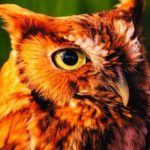
- How do we say am amazed in Bukusu

- Names of 10 common rodents in Bukusu language
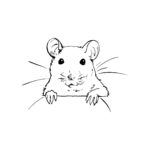
- How to say good morning in Bukusu

- Spice up your Bukusu: Meaning of enje chelechenje
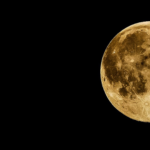
- How to say I miss you in Bukusu language
